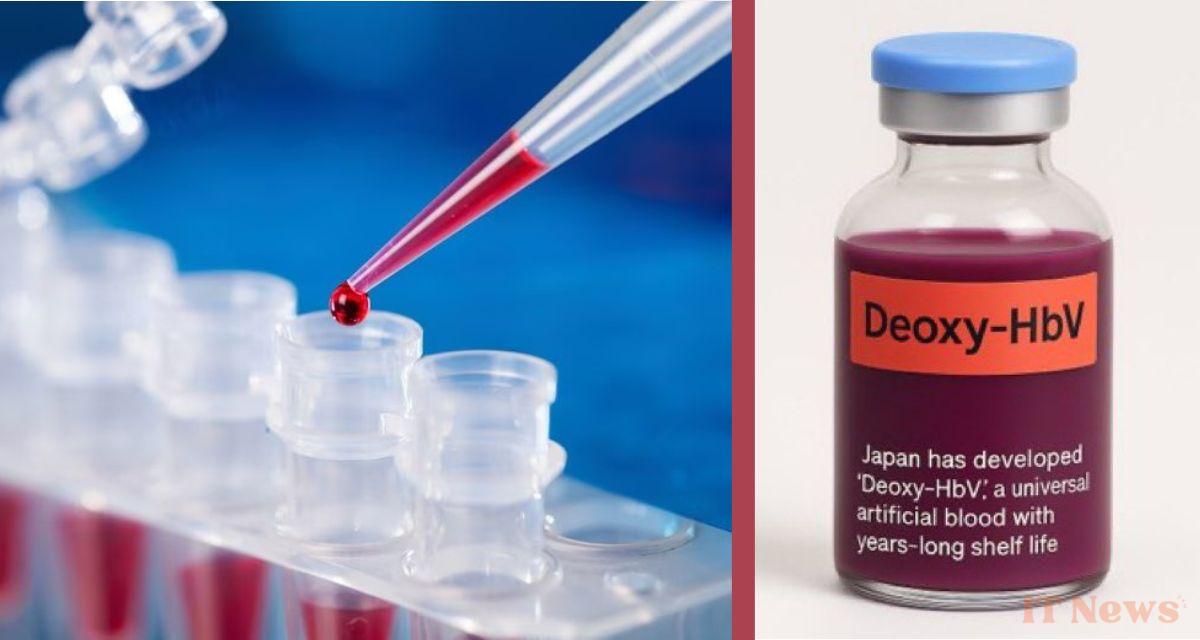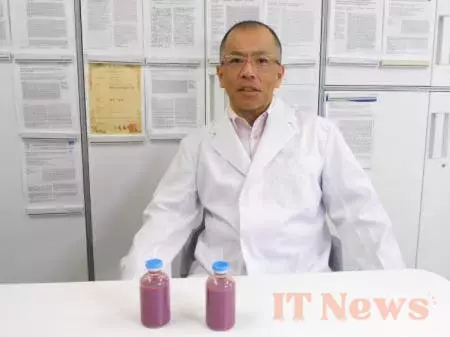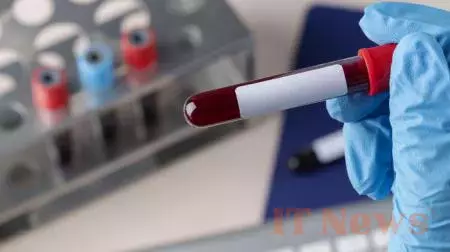Will Japan continue to position itself ahead of scientific advances? Since 2019, Japanese researchers have been on the verge of discovering how to make artificial blood. Indeed, the country has been facing a donor shortage for years and hopes to stem this problem in the near future with artificial blood. Six years after the first major advances, this artificial blood is finally being tested on humans.
Japan, a country with a blood shortage
For years, the aging of the population has worried Japanese authorities, as it has in many other countries. This aging is compounded by repercussions in the health sector, as the need for medical aid increases, particularly for infusions, while blood donations decline due to a lack of donors. Considering that natural disasters are rife in the land of the rising sun, the need for blood is all the greater. To bridge this gap between need and availability, Japanese researchers have been trying to produce artificial blood for several years now. If necessary, this major discovery would help improve the quality of life in other countries whose blood donations no longer cover demand, such as France (88,000 blood bags in 2023 for a need of 100,000 bags).
Two techniques for creating artificial blood
More specifically, Japan wants to develop universal blood, without the drawbacks of human blood: that can be used with all blood types, that can be stored for a long time, and that has no risk of infection. It is therefore not a perfect copy of human blood that researchers want to reproduce, but rather an improved artificial blood. Two Japanese universities are working on this project simultaneously: Chuo Medical University in Tokyo and Nara University in Kashihara. Their techniques are different; the first, led by Professor Teruyuki Komatsu's team, uses globular proteins, albumin, to encapsulate hemoglobin (a protein in red blood cells that carries oxygen). Already tested on animals, this solution maintains blood pressure and ensures sufficient oxygen supply during hemorrhages or strokes. The second university, led by Professor Hiromi Sakai's team, uses expired blood bags to purify the hemoglobin. The latter is then placed in artificial cells without blood group markers, capable of transporting hemoglobin in any human body, without prior testing.
Blood finally tested on humans
As you have understood, Japanese artificial blood has only been tested on animals.... Until now, because the Nara team (the second) has started testing on human guinea pigs! Volunteers receive between 100 and 400 ml of this artificial blood, which can theoretically be stored for two years (compared to a few weeks for human blood). If the latter proves capable of transporting oxygen as expected without creating intolerance, Japan could become by 2030 the first country in the world to possess the "recipe" for artificial blood. This would finally allow humanity to no longer depend on blood donations, a precious but very uncertain resource.







0 Comments